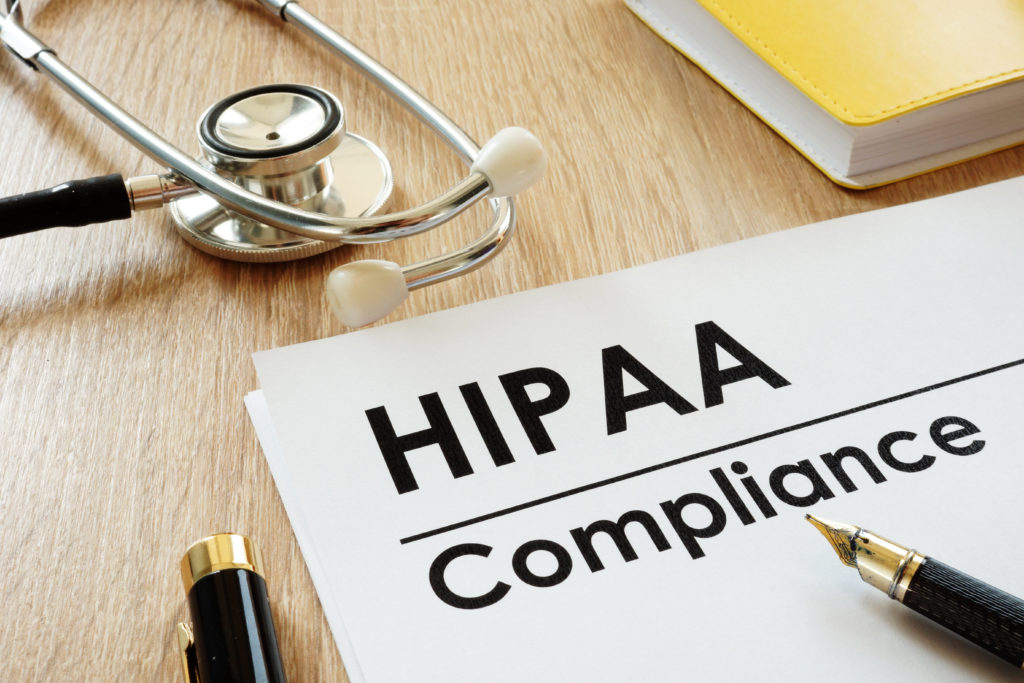HIPAA compliance is essential for any healthcare provider. This federal legislation helps keep the security of patient information as well as giving people more access to their personal information. Since technology is changing rapidly and is constantly changing, it is vital to ensure that any system you choose to use is compliant with HIPAA rules.

HIPAA compliance is confusing especially for businesses that are trying to figure out what HIPAA means and what it means for them. HIPAA compliance is mandatory for health professionals and those in the insurance industry. It’s crucial to read the regulations thoroughly and ensure that the procedures are in place to ensure that you are in compliance. It’s not easy to adhere to the law but it’s vital. It will provide better data privacy protection and service, as well as avoiding potential penalty. Through understanding what HIPAA covers and taking the necessary steps, businesses can ensure they are taking all the appropriate measures required by the regulations.
Although HIPAA’s regulations are extremely strict, the focus on security and privacy measures aims to protect one of our most valuable belongings: information. A greater level of protection is required to prevent the illegal disclosure or misuse of patients’ private data since the healthcare industry has been increasingly moving to digital technology such as Electronic Medical Records. While guidelines have been formulated to protect people, they must still be followed and strictly enforced. Because of this, HIPAA continues to be vigilant about these issues in order to ensure the safety of patients and security.
HIPAA is a great security feature for those in the medical profession and patients whose records are stored. It gives both covered entities (CEs) and business associates (BAs) the capacity decide whether they need to implement an addressable specification. The decision will be influenced by numerous factors like the risk analysis, mitigation strategy, current security measures and the costs of implementation. CEs and BAs have the choice to examine alternatives or opt out of the specific action in the event that they think it’s appropriate in their specific situation. HIPAA assists them in making educated decisions regarding data protection and safeguarding. This includes establishing an appropriate balance between technical as well as user control over sensitive information.
Businesses can benefit from HIPAA compliance. Following the rules of the Health Insurance Portability and Accountability Act, (HIPAA), can allow organizations to safeguard their patients’, clients as well as their customers’ health information. It will ensure it is kept private and secure. Compliance ensures that the health information of individuals isn’t utilized for personal gain or for the benefit of their health care providers. HIPAA compliance gives patients the ability to make informed decisions about how their private health data is used and handled. This provides them with confidence that no third party can use or modify their information without their consent. HIPAA compliance helps reduce the reputational risk of organizations, helping them avoid any costs or legal ramifications should they fail to safeguard patient information. Ultimately, following HIPAA standards can ensure a positive patient experience with the best protection for medical records.
These are only a few of the numerous considerations to make when complying with HIPAA. To ensure that you are in compliance it is essential to know the basics of the law. Additionally, you should consult experts who can help in understanding the law and set up the procedures and systems. The process of achieving full compliance may seem difficult, but it’s vital to protect your patient’s rights and maintaining the privacy of their medical data.
For more information, click subtitle of hitech
